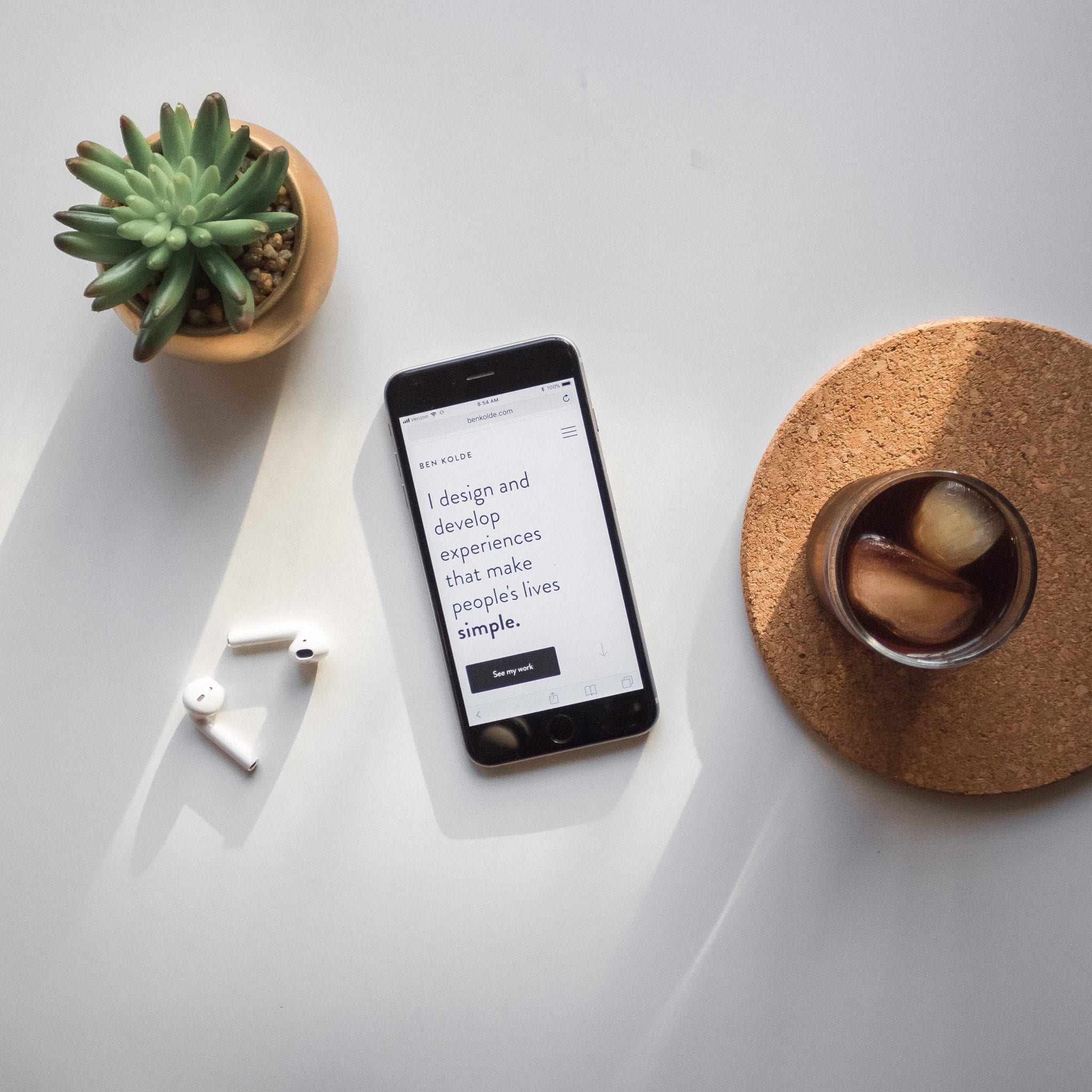How to deal with the impact of COVID-19 on consumer behaviour
Do you still remember the time that you could go outside and that people within 2 meters were not your enemy? The time you could go to your office and celebrate the end of week with more than 3 people on a terrace in the sun? This was the time before the coronavirus outbreak. The virus not only determines what we can do, but also influences how we behave. It seems that the corona virus is likely to create permanent shifts in consumer behaviour which have a huge short- and long-term impact on retailers. Are you prepared for this shift?
Societal and Economic impact of COVID-19
The corona virus has a direct impact on our entire society and economy. People in health care are working overtime, only 10% air traffic is left, and the entire hospitality sector is shut down. Also, many shops are obliged to close their doors and banks lowered their interest rate in order to make borrowing cheaper and encourage the spending of consumers. The question is, how does this translate to consumer behaviour on the short and long term? Before discussing this, we first shortly illustrate what the consumer behaviour is about.
Consumer behaviour explained
Organizations that understand consumer behaviour are able to develop better products and services, which results in a sustainable competitive advantage especially in a time of crisis. It therefore is important to understand what this concept is. Consumer behaviour refers to the processes (on- and offline) that consumers use to choose, consume, purchase or replace products. Consumer behaviour can be influenced by 3 main factors; socio-cultural, personal and psychological factors.
- Socio-Cultural; social-cultural factors consist of all groups/associations, religions, locations and persons who influence the behaviour of a person that together form their Socio-Cultural environment. These can be reference groups, family, friends, top athletes or politicians. The influence a social factor has on behaviour is for instance, if all of your friends and family are hoarding products, you are going to do the same.
- Personal; personal factors include variables such as age, occupation, economic circumstances, lifestyle, and personality. This may explain why our preferences often change when our `situation’ changes. The influence personal factors have on behaviour is for example; if you are self-employed and a crisis causes you to have less work and therefore less income, it is likely that you (can) buy less luxury products.
- Psychological; psychological factors include personal motivation, learnings, perception or beliefs of a product. What consumers are feeling or how they feel is not only about the product but about the whole brand or company. The influence psychological factors have on behaviour is for instance; if you are motivated to exercise, considering the fact that your gym is closed due to the virus outbreak, you will consume more sports attributes for at home.
Impact of COVID-19 on consumer behaviour
Short term impact of COVID-19
Over the last couple of weeks consumers were frightened by lack of food supply and have avoided crowded places. Consequently, they hoarded products, mainly the ones that have a shelf-stable life like certain food and beverages, medical and personal care items and cleaning supplies. On the other hand, eCommerce has increased despite concerns about deliverability of packages. Meanwhile, the majority of the consumers no longer consider the purchase of a big-ticket item (homes, cars, trips or luxury goods) over the next couple of months. Furthermore, consumers are becoming more aware of the sensitivity of the origin of products. They experience how dependent they are on certain countries that produce many goods.
Potential Long-term impact of COVID-19
Many retailers closed the doors of their physical stores causing businesses to rely (temporarily) on their online channels alone. Despite its temporal basis, online shopping may become a habit for people which might cause them to stick to online channels. This obviously puts, now and after COVID-19, extra importance on the customer’s virtual shopping experience. Further, because of the fear of lack of inventory, a new generation of shoppers, the so-called ‘stock & bulk shopper’, emerges. This causes some retailers to move away from on-demand buying. Finally, companies have experienced how dependent they are on their staff in times when they are unable to guarantee workplace safety because of an infectious virus. To prevent the same kind of crisis in the future, more processes will most likely be automated, for example automation of work processes in distribution centres or delivering with drones.
What do you need to do as a company now and in the future?
Companies have no choice besides having to deal with the Corona outbreak. They need to be creative and make the most of an uncertain situation, not only for the company and its employees, but also the consumers.
Minimizing the short-term consequences
- Stay on the radar
Invest in your customer relationships, this will result in trust and loyalty from the customer. Even though it can be necessary or tempting for your brand to temporarily close completely which has a huge impact on current and future sales, make sure to keep your consumers close to you. Be an inspiration to people, encourage them to create a new way to consume at home or new way to spend their time at home. This will cause positive associations between the new behaviours and your brand. This positive association will motivate people to consume this product or brand even after the crisis (psychology factor). - Be positive but do not deny the truth
For organisations it is of crucial importance to show empathy, give comfort and help each other. In these times of uncertainty, employees and consumers might be anxious and need a reassuring and supportive environment. When done properly, this might even lead to stronger and deeper work and consumer relations. This strong relationship results in consumers trusting the product or brand now and in the future, and they might recommend the product or brand to others (psychology factor & socio-cultural factor).
Seizing long-term opportunities
- Think virtual
Focus on virtual and create an online experience for customers. In this time there is an accelerated shift of physical sales to virtual alternatives, not only in the purchase of products or nutritional supplements, but also in appointments or exhibitions. For example, you can respond to people’s current lifestyle (personal factor) by creating an online platform to encourage each other and help exercise when purchasing a sports attribute. - Learn from the past and the present
Do not stick to existing processes or business models, look at market demand and how you can create added value to a product of service in the time of the corona crisis. For instance, you can respond to the growth in demand for local production. People learned from the current lockdown situation and they want to be less dependent on foreign markets (psychological factor).
To conclude, focus on the positive and look to the future. Invest in your customer relationship to help each other through this period and look for and use the opportunities that arise.
Do you have any other questions, or would you like to discuss your challenges in such turbulent times? Please reach out!
Carufel, R. (2020). Consumer behavior in the coronavirus crisis—new insights on the impact of COVID-19
Coker, J. (2020). Covid-19: Could the coronavirus change consumer behaviour forever?
Murphy, C. Naert, S. Strong, C. (2020). Corona virus & behavior change
Nawal, A. (2019). What is consumer behavior?
Pruett, M. (2020). 5 Ways the Coronavirus is Affecting Consumer Behavior
Rani, P. (2014). Factors influencing consumer behavior
Verdon, J. (2020). Will Coronavirus Drive Permanent Shifts in Shopping Behavior?



